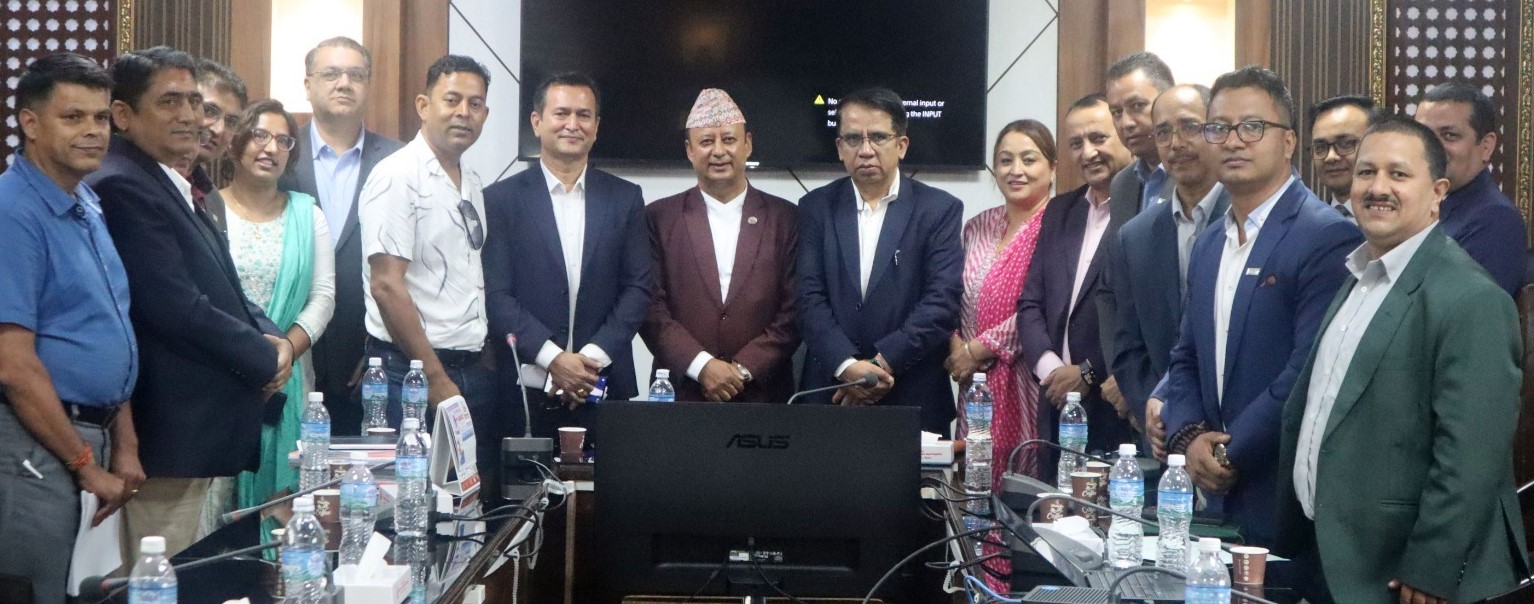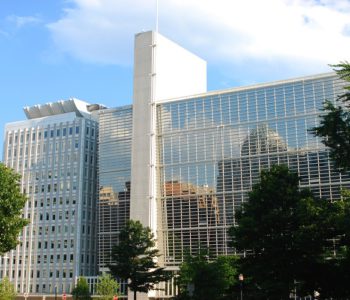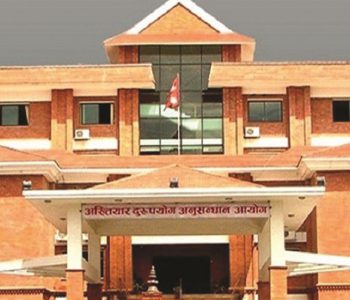IPPAN urges energy ministry to fulfill demands of flood-affected hydropower projects or admit inability

KATHMANDU: The Chairman of the Independent Power Producers’ Association, Nepal (IPPAN), Ganesh Karki, has called on the Ministry of Energy, Water Resources, and Irrigation to promptly address the demands of flood-affected hydropower projects. He urged the ministry to either fulfill these demands or acknowledge their inability to do so. During a discussion held on Thursday at the ministry, Karki emphasized that the ministry should either resolve the issues or openly state that they cannot, so that the hydropower developers can make alternative plans.
Karki expressed frustration at the lack of progress, accusing the government of offering empty promises that have worsened the situation for flood-affected projects. “These projects have presented proof, including photos and videos, to the ministry. While the ministry has made some recommendations in a few areas, the affected parties have yet to receive any actual relief or support,” he said.
In the past, the hydropower projects could claim customs exemptions on equipment needed for maintenance, a provision that was crucial for the financial health of these operations. However, Karki stated that the Ministry of Finance has removed this vital support. “For the last two years, flood-affected projects have faced serious challenges. They are now forced to spend an additional 28% on spare parts because the customs exemptions have been revoked, which significantly strains their financial viability. This has particularly hit flood-affected projects hard, as they are struggling to rebuild,” he added.
Repeated Appeals Ignored
Karki criticized the Ministry of Energy for ignoring multiple appeals regarding pressing issues in the energy sector. “Despite our repeated requests to the Minister, Secretary, and various other officials, no meaningful actions have been taken. Natural disasters, the lack of explosives for construction, and import disruptions caused by the Russia-Ukraine war have all compounded the challenges faced by these hydropower projects,” Karki said.
He further explained that delays in receiving necessary materials and approval have caused significant setbacks for the projects, which are now facing steep financial penalties. Karki advocated for an extension of the RCO (Required Commercial Operation Date) for all affected hydropower projects by at least two years. However, despite multiple appeals, this demand has not been met.
Moreover, he expressed concern over the provision put forth by the Nepal Electricity Authority (NEA), known as the “Take and Pay” clause. This clause only allows the NEA to pay for electricity once it is actually generated. Karki stated that this provision has discouraged banks from investing in hydropower projects, as developers are at risk of bankruptcy if they fail to meet production deadlines. “Banks are pulling out, and developers are facing financial ruin,” Karki warned.
IPPAN’s Additional Demands
In addition to addressing the challenges faced by flood-affected hydropower projects, Karki outlined several other demands that must be met to ensure the sustainability of Nepal’s energy sector. These include the resumption of Power Purchase Agreements (PPAs) for nearly 13,000 megawatts of hydropower projects, which have been on hold for the past four years. He also called for the elimination of penalties related to hydrological challenges caused by climate change and the resolution of land and forest issues that have hindered project development.
Furthermore, Karki urged the government to advance the roadmap for generating 28,500 MW of electricity and to address the concerns raised by the private sector in the upcoming Electricity Bill. “Before the bill is passed, the government must address the issues we have raised,” Karki insisted.
Energy Minister Khadka Acknowledges the Challenges
In response to IPPAN’s concerns, Energy Minister Deepak Khadka stated that the ministry is taking these issues seriously. He acknowledged that the Electricity Bill has not yet been tabled in parliament because the government is still consulting with the private sector to address their concerns.
Minister Khadka highlighted the positive developments in Nepal’s energy export sector, noting that agreements have been made to sell 10,000 MW of electricity to India and 5,000 MW to Bangladesh. He also mentioned ongoing studies regarding the potential for exporting electricity to China. Altogether, Nepal could export as much as 20,000 MW in the coming years.
However, Khadka admitted that the removal of customs exemptions for maintenance equipment has made it financially unfeasible for many projects. “When the cost of maintenance equipment increases by 29%, it becomes difficult for the projects to remain viable,” he said.
He also addressed the issue of free electricity from large projects with foreign investment, noting that the government currently receives 21.9% free electricity from such projects. However, he stated that applying this practice to smaller projects may not be feasible due to the high production costs involved.
Finance Ministry’s Role in Delaying Relief
Energy Secretary Gopal Prasad Sigdel explained that the delay in providing customs exemptions and other relief measures for flood-affected projects is largely due to the Ministry of Finance. “Although we have recommended customs exemptions for maintenance equipment, the finance ministry has yet to approve them,” Sigdel said. He added that the energy ministry had also suggested including these exemptions in this year’s budget, but the finance ministry did not accept the proposal.
Sigdel reaffirmed his commitment to extending the RCO dates for affected projects and promised to continue advocating for the necessary support.
Senior Energy Expert Supports RCO Extension
During the discussion, Senior Energy Expert Prabal Adhikari expressed support for extending the RCO dates for hydropower projects, emphasizing that delays in project completion are often beyond the control of developers. “The government will not benefit from penalizing these projects, and we are open to extending the RCO dates,” Adhikari said. He also acknowledged the risk posed by the “Take and Pay” clause, which has deterred banks from investing in hydropower projects.
Adhikari suggested that the private sector submit individual proposals to extend the RCO dates until 2089/90 to alleviate these concerns.













Facebook Comment